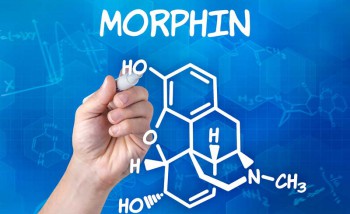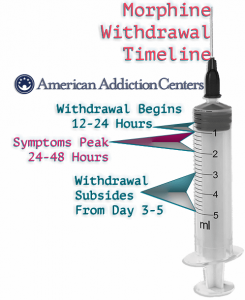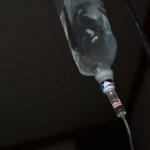Morphine Addiction

Unfortunately there are many Americans who face struggles with morphine addiction. For those with chronic pain or severe pain as the result of an accident or surgery, morphine is often prescribed to combat that pain. Because the injured often have to take it for an extensive time, there becomes an increased risk of morphine addiction. Tolerance occurs, which means there becomes an increased need for higher and higher doses to maintain the same level of effects. In many cases, the morphine addiction occurs quickly. Keep reading to find out more about morphine addiction.
How does morphine addiction work?
Morphine is one of the most addictive drugs because it works as a reward system to the brain. The reward or promise of reward based on morphine use causes the individual to crave morphine. This leads them to change routines and activities in their life for it to become centered around their morphine addiction. Through this process, the morphine produces an addiction and reduces a person’s ability to function normally without taking morphine and lowers their level of consciousness. This can harm the person’s ability to think or comprehend their surroundings.
Withdrawal symptoms:
The symptoms of withdrawal from morphine addiction include nausea, tearing, yawning, chills and prolonged sweating. Because of these withdrawal symptoms, self detoxification from morphine addiction can be dangerous. The withdrawals symptoms are sometimes both physical and can include emotional trauma like stroke, heart attack and even cases of death.
Treating morphine addiction:
In many cases, methadone is used to treat morphine addiction withdrawal symptoms. The effect of using methadone to treat the morphine addiction typically results in the individual becoming addicted to the methadone. Detoxification from both the morphine and methadone then continues and leads toward recovery. However doing this on your own can be tough depending on how long the morphine addiction has gone on and how strong it is. One common way to handle the detoxification process is to check into a residential treatment center or rehabilitation program where there are trained professionals available to help aid in the physical and emotional withdrawal symptoms that come with morphine addiction. Having a strong environment during recovery is vital. Because many addictions are also the result of habit and routine, detoxing in a center where those routines are not part of the treatment and to distract the addicted person from anything that reminds them of their morphine addiction is a great way to handle the addiction and recovery. Having recovery in a center keeps the individual away from normal stresses of life in order to help them combat their morphine addiction.
Sources:
- narconon.ca/morphine.htm
- softlandingrecovery.com
- riveroakstreatment.com (graphic)






